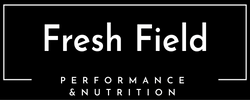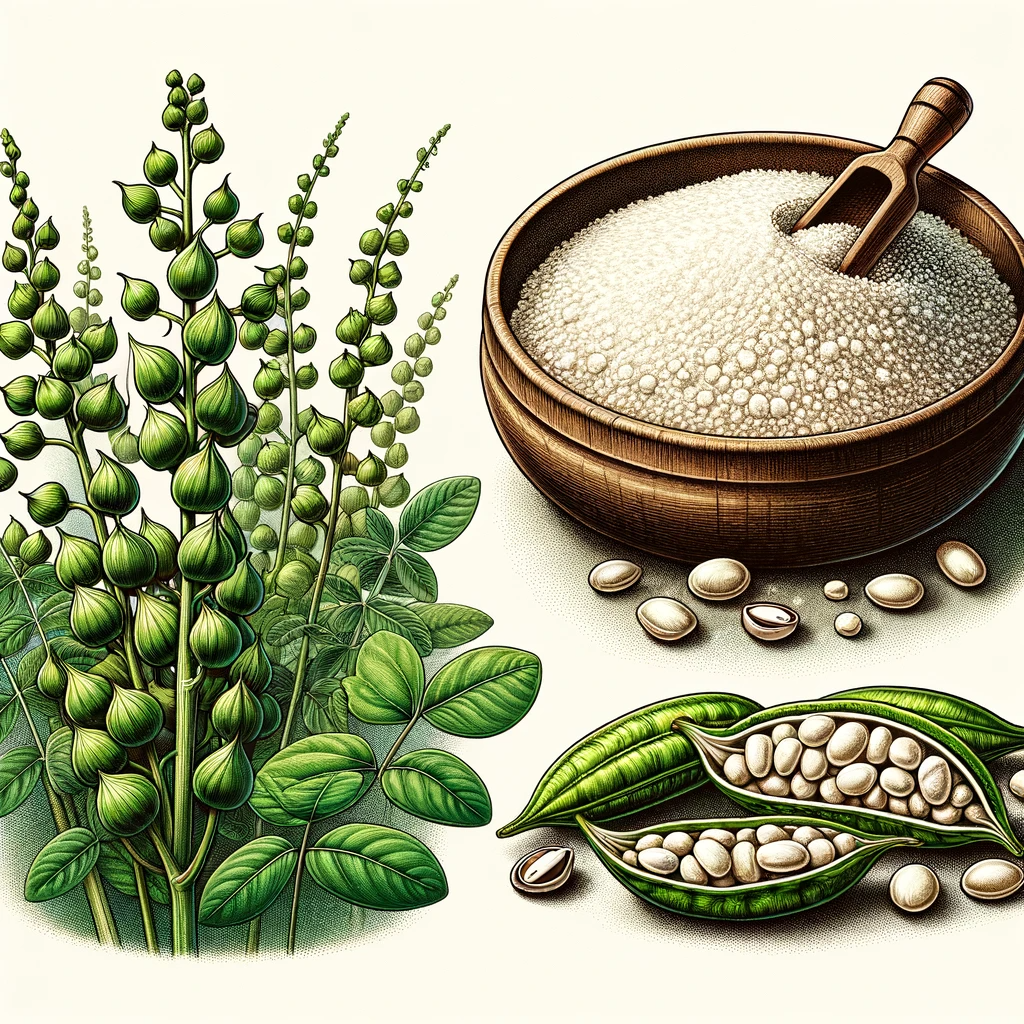Why Whey Isolate Might Be Your Best Bet

Digestive issues after consuming a protein shake are more common than you might think. If you're among the many people who experience discomfort after drinking a whey protein shake, lactose might be the culprit. In this article, we'll discuss lactose in whey proteins and why whey isolate can be an optimal choice for those with lactose sensitivities.
Understanding Lactose in Whey Proteins
Whey protein is derived from milk, which naturally contains lactose, a type of sugar that some individuals have difficulty digesting. The presence of lactose in whey protein depends on how the whey is processed. There are two main types of whey protein available on the market: whey concentrate and whey isolate.
1. Whey Concentrate: This form of whey protein undergoes minimal processing, meaning it retains some lactose. The lactose content in whey concentrate can vary, ranging from 1-7%1.
2. Whey Isolate: This type undergoes additional processing to remove a significant portion of the lactose, fat, and carbohydrates. Consequently, whey isolate contains less lactose than whey concentrate and is usually well-tolerated by people with lactose sensitivities2.
Why Whey Isolate Can Be Better for Lactose Sensitivities
While not completely lactose-free, whey isolate is often the best choice for individuals with lactose sensitivities. The extra processing it undergoes reduces its lactose content, making it easier to digest for those who are lactose intolerant.
However, it's essential to recognize that no whey protein can claim to be entirely free of lactose. According to the Food and Drug Administration (FDA), for a product to be labeled as "lactose-free," it must contain less than 0.1 gram of lactose per serving3. Given the nature of whey protein and the processing it undergoes, it's unlikely to meet this stringent requirement.
Reading Labels Carefully
If you're lactose intolerant and looking for a protein supplement, it's crucial to read labels carefully. Companies that advertise their whey protein as "lactose-free" might not be entirely truthful. The fact that a product is labeled as whey isolate does not guarantee it is completely devoid of lactose.
Moreover, every individual's tolerance to lactose can differ. Even the small amount of lactose in whey isolate might cause discomfort in those with severe lactose intolerance.
The Bottom Line
If you're lactose intolerant but still want to enjoy the benefits of whey protein, opting for a whey isolate can be a wise choice. Though it may still contain trace amounts of lactose, it's typically well-tolerated by those with lactose sensitivities.
However, always remember to read labels carefully and consult a healthcare provider before making changes to your diet or nutrition plan.
We invite you to explore our range of whey isolate proteins on our website. We're committed to providing you with transparent, quality products to support your health journey.
References
Keywords: Lactose, Whey Protein, Whey Concentrate, Whey Isolate, Lactose Sensitivity, Lactose Intolerance, Protein Supplements, Fitness, Nutrition.
Note: This article is intended for general information only and is not a substitute for professional health advice. Always consult with a healthcare provider before making changes to your diet or nutrition plan.






